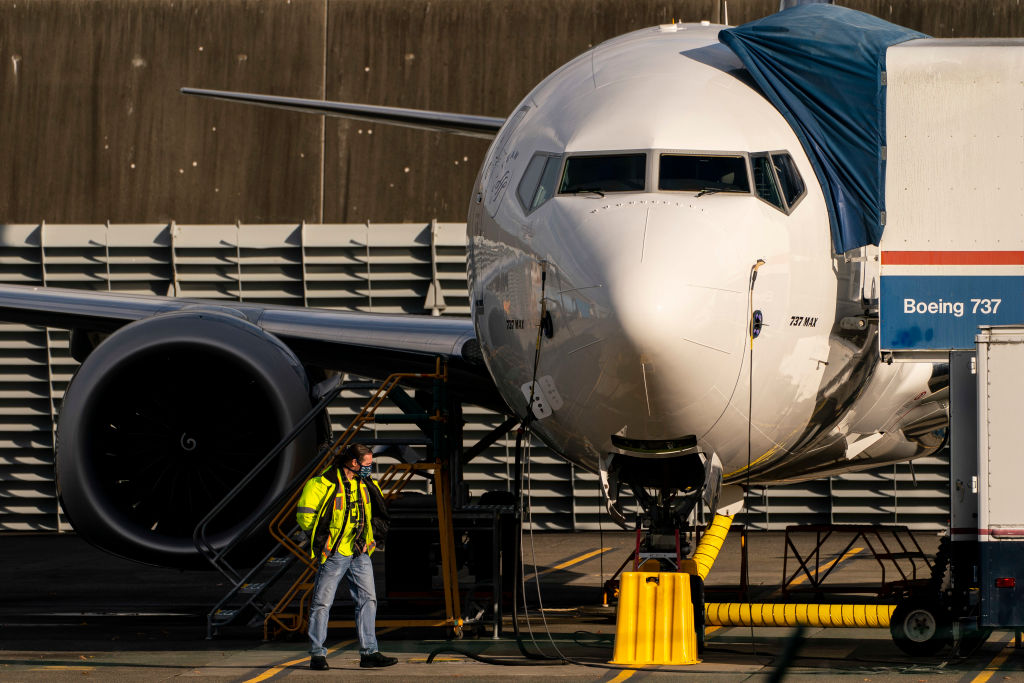- Saturday, April 20, 2024

By: Shubham Ghosh
BOEING on Tuesday (16) announced its first big order at Dubai Airshow, revealing India’s new carrier Akasa Air has ordered 72 737 Max planes.
“The new Indian carrier has ordered (72) 737 MAX airplanes to build its fleet,” the US aerospace giant said in a statement, adding that it was valued at nearly $9 billion at list prices, AFP reported.
Akasa Air of Indian business magnate Rakesh Jhunjhunwala has ordered two variants of the 737 MAX family, including the 737-8 and the 737-8-200.
“We are delighted to partner with Boeing for our first airplane order and thank them for their trust and confidence in Akasa Air’s business plan and leadership team,” Vinay Dube, the airline’s chief executive officer said, according to the statement.
Today’s order for 72 737 MAX airplanes at the @DubaiAirshow marks Akasa Air’s first fleet purchase and signals its growth plans. We are humbled by Akasa Air’s trust in the 737 family and the Boeing team. #DAS21 #AkasaAir
RELEASE: https://t.co/d1fj3VXRKu pic.twitter.com/6bwTWqODrk
— Boeing Airplanes (@BoeingAirplanes) November 16, 2021
“India is one of the fastest-growing aviation markets in the world with an unparalleled potential. We are already witnessing a strong recovery in air travel, and we see decades of growth ahead of us,” it added.
On Sunday (14), Boeing said it would fulfil an order to convert 11 single-aisle 737s into cargo planes as the aviation industry gradually recovers from a downturn caused by Covid-19 pandemic.
Boeing’s much-talked about 737 MAX resumed flying last year after the entire fleet was grounded for 20 months following two crashes – in Ethiopia and Indonesia – that left nearly 350 killed.
“We are honoured that Akasa Air… has placed its trust in the 737 family to drive affordable passenger service in one of the world’s fastest-growing aviation regions,” Stan Deal, president and CEO of Boeing Commercial Airplanes said, according to the statement.
Nearly 370 of the planes remain in inventory and Boeing chief executive David Calhoun has said that it will take two years to sell them.
The 737 MAX has also yet to be re-certified in China, a major market for aircraft makers and according to Calhoun, Boeing’s production plans will depend on access to the Chinese market, the AFP report added.
![]()